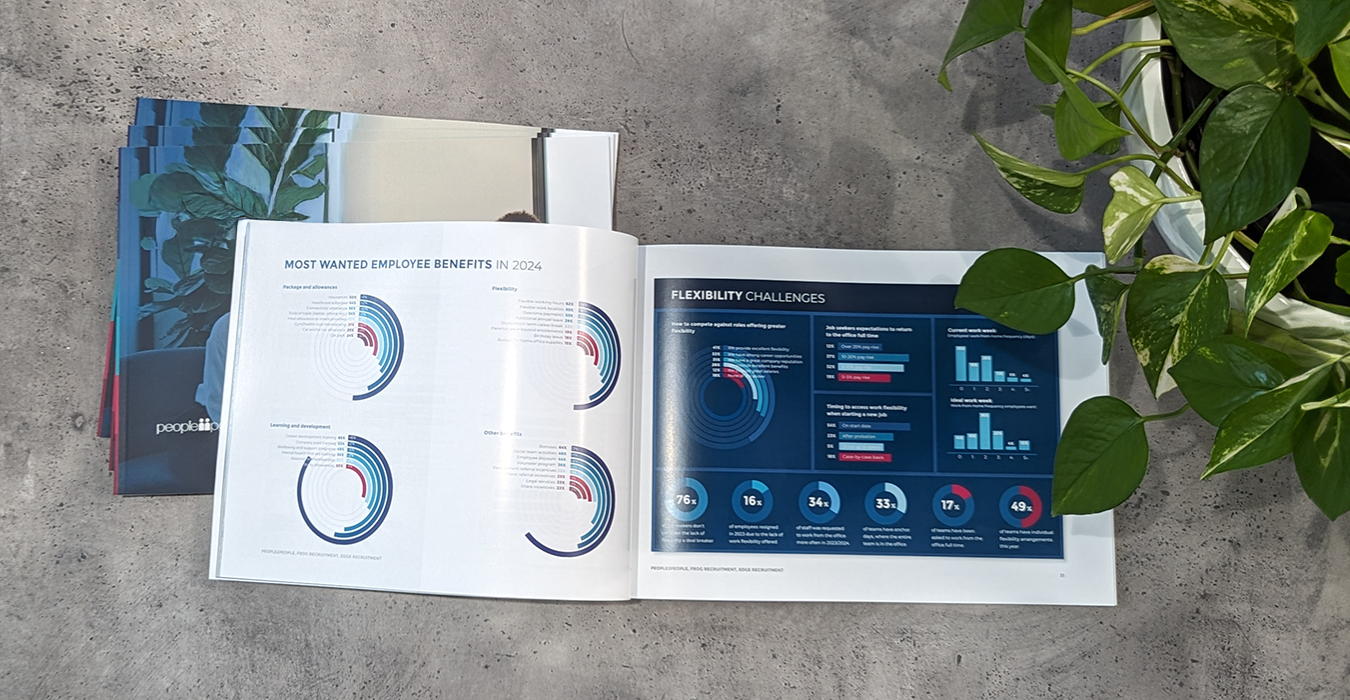Statutory Accountant Guide - Hire or get hired
Your complete guide to the Statutory Accountant Role: Duties, salary & hiring tips
Purpose of the Statutory Accountant
Statutory Accountant's duties and responsibilities
Prepare and lodge statutory financial statements in accordance with local regulations and IFRS/GAAP.
Ensure disclosures are accurate, timely, and audit-ready.
• Audit Coordination:
Liaise with external auditors, manage audit timelines, and respond to technical queries.
Prepare audit schedules and reconcile key accounts.
• Compliance & Regulation:
Stay updated with changes in accounting standards and ensure they are reflected in reporting.
Assist with corporate governance and compliance obligations.
• Financial Consolidation:
Perform consolidations for multiple entities and manage intercompany reconciliations.
• Technical Support:
Provide technical accounting guidance and documentation to internal stakeholders.
Requirements and qualifications for a Statutory Accountant
• 3–5 years’ experience in statutory or external reporting
• Strong knowledge of IFRS/GAAP and audit practices
• Experience working with auditors and regulatory bodies
• ERP and advanced Excel proficiency
Looking to hire a CFO or looking for a CFO role?
Submit your resume or request talent now and our expert recruiters will be with you shortly. people2people recruitment can assist you with your CFO staffing needs.
Recent jobs in Accounting and Finance
Retaining staff was accounting leaders #1 challenge in 2022
Qualified roles were the most difficult to fill for accounting leaders in 2022
Hired temporary or contract staff in 2022 to fill an immediate need
Accounting and Finance Market Update
Qualified accountants remained the hardest to hire in 2024, with 40% of businesses citing them as the most difficult to fill, followed by transactional finance (17%) and payroll roles (14%). In-demand roles such as finance managers, systems accountants, and specialists in data analytics and sustainability reporting indicate a shift in workforce priorities.
To remain competitive in 2025, 75% of organisations will focus on automation and system improvements, with additional emphasis on upskilling (45%), cash flow management (37%), and compliance (33%). Many businesses are investing in professional development, including certifications, workshops, and AI skill training, to enhance their teams and adapt to new technologies.
86% of businesses preferred maintaining in-house teams for better communication, control, and compliance, and while many employers relied on internal hiring teams, 54% sought external recruitment support within a month, highlighting the ongoing value of recruitment agencies in securing top talent.



